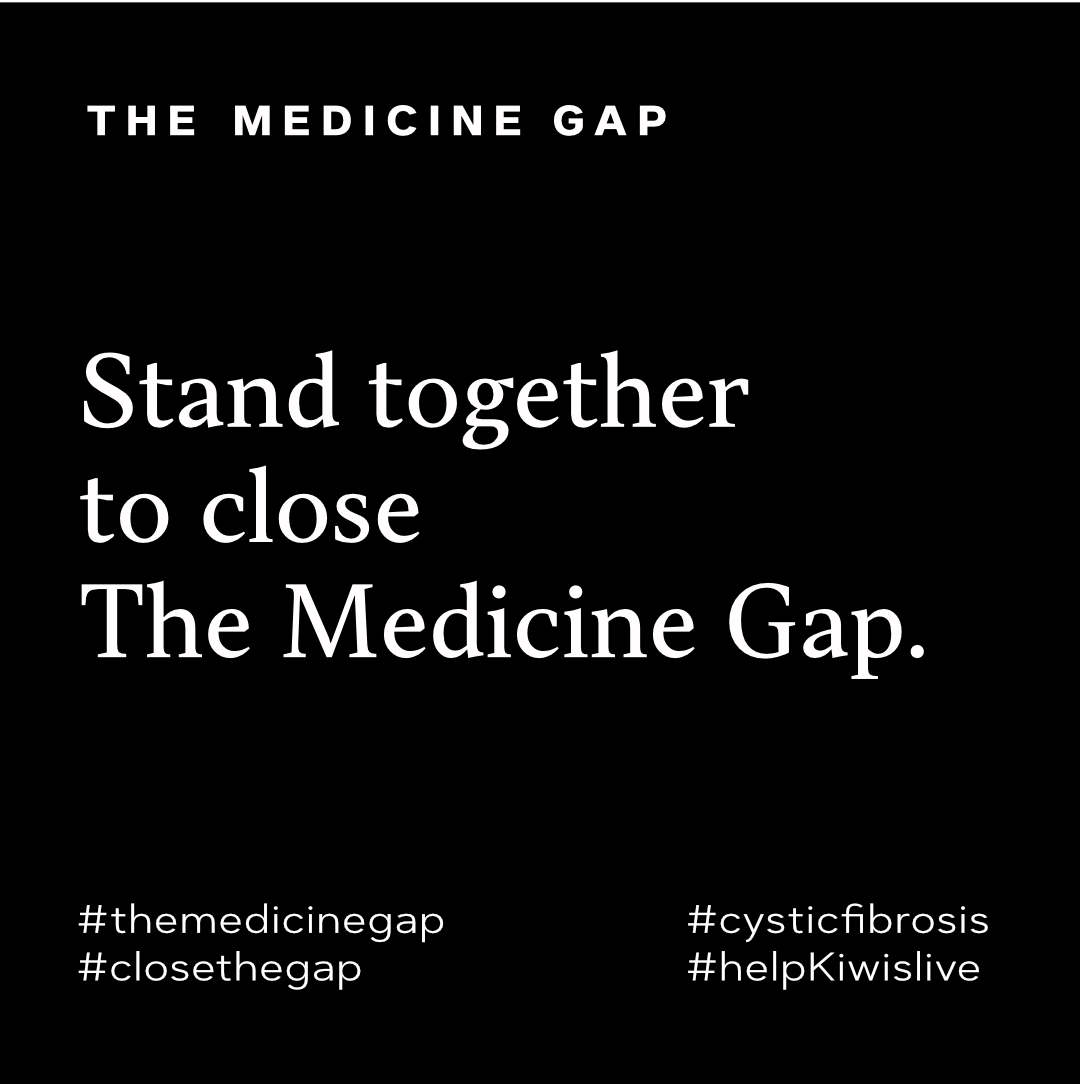
Opinion by Rachel Smalley, 3 November 2021
Let’s just kick this off by addressing the elephant in the room. Trikafta, the breakthrough treatment for cystic fibrosis is an expensive, but life changing drug.
Pharmac, our drug-buying agency, have labelled it a “paradigm shift” and can probably negotiate a 50 per cent reduction in price, but it will still need close to $60 million in additional government funding to treat 400 eligible New Zealanders every year.
Pharmac announced last week that it wanted to fund Trikafta and rated it a “high priority”. In response, Andrew Little, the Health Minister, said Pharmac’s job was to sort out the “bulls… pricing” and that’s where the conversation ended.
Except it doesn’t end there, minister. Trikafta now joins another 73 modern medicines languishing on Pharmac’s list of medicines it would like to fund, but can’t. And why not? Underfunding. Over the last decade, successive governments have grossly underfunded Pharmac to a point where it now needs an additional $450m every year to meet the immediate medicinal needs of New Zealanders.
The biggest issue New Zealand faces is not necessarily the “bulls… pricing” of modern medicines, but the way that successive governments have ignored basic economics when they consider the rationale for funding them.
It is inhumane to let New Zealanders suffer from treatable disease, but let’s put the emotive side of this debate to one side momentarily. I want to talk about the cost of NOT funding Trikafta.

OJ Daniels is an 18-year-old boy from Rotorua who suffers from this wretched disease. It killed his sister, Santana, in 2017. She was supposed to live a full life after a bilateral lung transplant, but a year later her tiny frame began to reject it. She was 21 when she died.
Four years later, the disease is ravaging OJ’s body. In 2021 alone, he has been admitted to hospital four times and has spent 12 weeks in hospital. Pharmac estimates a two-week hospital stay for a cystic fibrosis patient can cost up to $40,000, which means OJ’s hospital care this year has so far cost the health system approximately $240,000. Last year, he was hospitalised on six different occasions.
On top of that, OJ also has regular check-ups involving publicly funded specialist care, MRIs, CT scans and X-rays, and he has a surgically inserted port in his chest to make it easier to receive some of his medication. All of this comes at a hefty price to the taxpayer and contributes to the load on our already struggling health system.
Trish, OJ’s mum, can’t work. For 25 years, she has been a full-time caregiver and nurse to both of her children managing their medicines, helping them with multiple daily treatments, and nursing them at night when their hacking, mucus-filled coughs make it impossible to sleep. The financial impact of not being able to work has been immense.
OJ wants to study or work, but he can’t. Sometimes he’s even too weak to walk. His only option is welfare and a taxpayer-funded benefit for the rest of his life.
And then there’s the impact that untreated disease has on mental health. Trish’s health has taken a turn for the worse in the last year. She has been through years of trauma, nursing her daughter to the end, and now helplessly watching as OJ fights to hang on to life and avoid the last line of treatment left open to him; a bilateral lung transplant. It’s a prospect that terrifies Trish.
The Auckland District Health Board says the cost of a lung transplant is between $158,000 and $872,000, depending on the inevitable complications. And the success rate of a double lung transplant doesn’t come close to Trikafta which is as simple as two pills in the morning, and one at night. Job done.
So, let’s revisit that “bulls… pricing” again and the minister’s abhorrence at funding a $150-$200k drug that will fully control this disease, and let OJ and his family lead a normal, productive life.
Remarkably, this week the Government filled the medicine cabinet with drugs like Ronapreve to prevent and treat Covid-19, arguing that the drugs should be on hand because they could save lives and reduce unnecessary hospitalisation.
The irony isn’t lost on thousands of sick New Zealanders who have been waiting, often for years, to access modern medicines freely available in much of the developed world.
Trikafta needs to be funded this side of Christmas and that decision sits squarely with Andrew Little.
Pharmac has said yes and Medsafe will shortly approve it. It’s your call, minister.
And for the first time in many years, perhaps Trish could go to bed without a sense of crippling helplessness that she is about to lose her second child to a treatable disease.
Rachel Smalley is a former journalist and a founder of The Medicine Gap, a public campaign highlighting the human impact of New Zealand’s unfunded medicines.

Show your support.
Please share ‘Trish – A Mother’s Plea’.
New Zealand needs access now to modern medicines to treat Cystic Fibrosis.




Other Voices
Let’s close the Gap
Get Involved1.
REFORM
PHARMAC
Achieve a measurable, political commitment to reform Pharmac and create a fit-for-purpose drug-buying agency that supports and enables greatly improved access to modern medicines – and ensure a direct line of political accountability.
2.
OVERHAUL THE FUNDING
METHODOLOGY
Introduce a globally accepted modern, cost-benefit analysis for medicines and medical devices which looks at the ‘value’ of a medicine, and considers the financial, economic, and social impact of untreated disease on our society.
3.
COMMIT TO AN OUTCOMES-BASED MEDICAL STRATEGY
Develop a Medicines Strategy to guide the decision-making process, create measurable targets to reduce Pharmac’s waiting list, and detail how the agency will respond to rapid developments in modern medicine to improve health outcomes for New Zealanders.